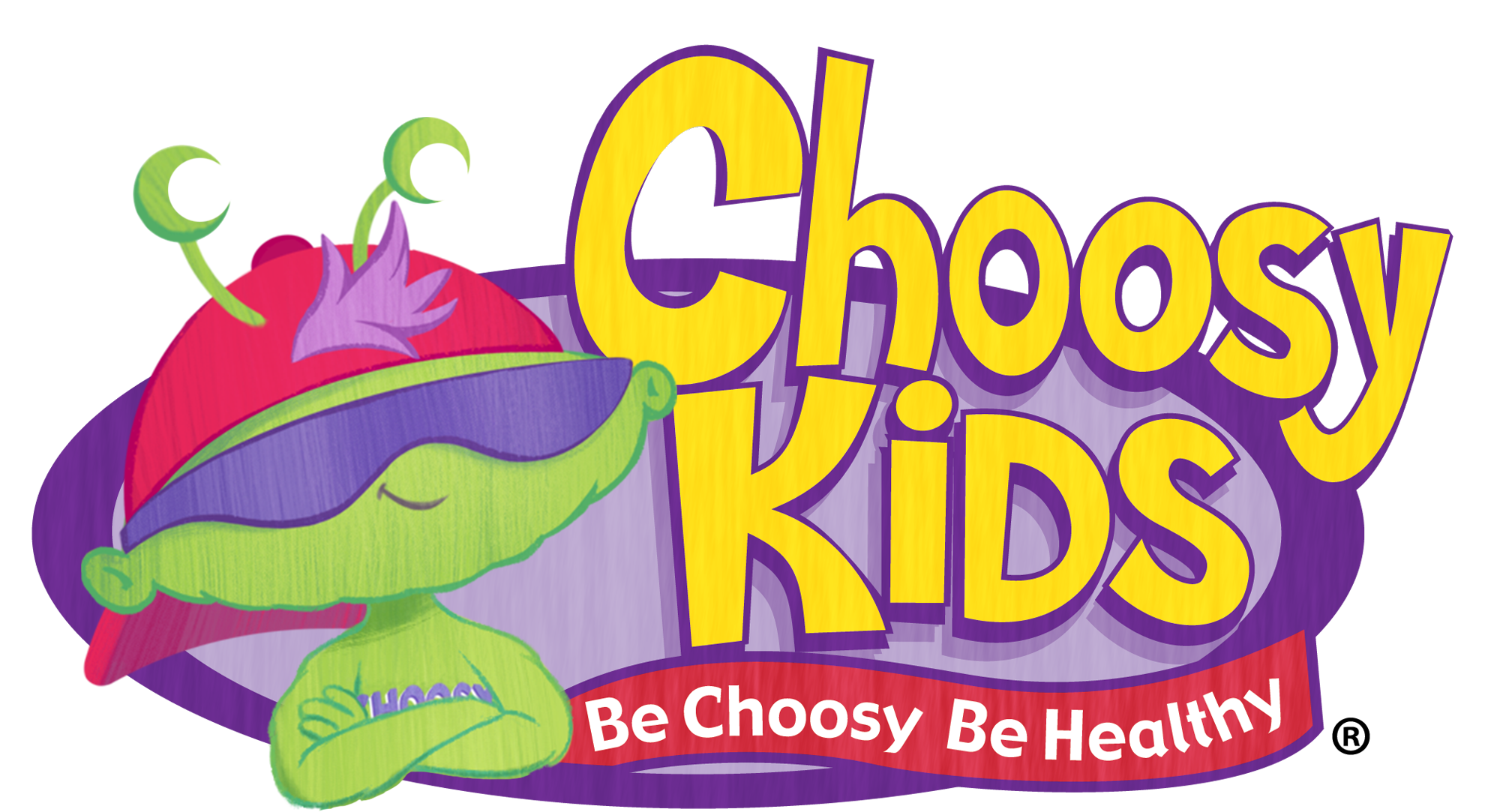
Choosy Blog
3 Ways Teachers Can Help Children Learn Pro-Social Behaviors
Posted by Christine Cox on

Children learn so much during their first year of life. Many expectations and milestones are reached before their first birthday and there is a lot of pressure on influential caregivers to ensure success. One of those caregivers could be an early childhood teacher. There are millions of children under the age of six in center-based child care programs in the United States. Early childhood teachers everywhere play a vital role in shaping the lives of their students, and one important contribution they undertake is teaching children pro-social behaviors. Pro-Social Behaviors According to Eisenberg and Mussen (1989), pro-social behavior refers to "voluntary...
- 35 comments
- Tags: do what i do, MP3
Help Your Children Develop a Healthy Sense of Self-Confidence
Posted by Christine Cox on

Self-confidence is typically something that is unknowingly taught and parents or caregivers are the teachers. Don’t fear! You aren’t expected to stand in front of a whiteboard and spell out C-O-N-F-I-D-E-N-C-E. Instead, self-confidence is learned through experiences that help children feel loved, abled and determined. Through those feelings, children learn to love themselves; learn that they are able to do whatever they plan for their futures and are determined to do so because they are strong, healthy and capable. Self-Confidence Starts at Home with Love It all starts with love at home. From the day you lay eyes on...
- 1 comment
- Tags: gotta hug myself, MP3
Kids Love the Dirt
Posted by Christine Cox on

By: Dr. Jenn Ripepi, The Choosy Pediatrician Not just Pigpen, Charlie Brown's pal. Kids like squishing their boots in the mud, digging in the sand and finding bugs on the ground. There is so much to see when you get down and dirty. There may be more benefits to it than first meets the eye. Dirt Makes You Feel Good There is an organism called Mycobacterium vaccae that has been found to increase seratonin production. Seratonin is one of the "feel good" brain chemicals. Feeling good from being exposed to organisms in dirt? Who knew, right? Gardeners also feel less...
Never Stop Learning Because Life Never Stops Teaching
Posted by Christine Cox on

By: Dr. Jenn Ripepi, The Choosy Pediatrician Recently my husband and I were doing a bit of geneology research. We were lucky enough to see a microfilm copy of the ship manifest listing his paternal grandfather's arrival to the United States. We were awed that this 18 year-old man had traveled across the world with $16 in his pocket. But we also had many questions as my husband was very young when his grandfather passed away. He feels as if he has missed something from his past by not knowing his grandfather. There are many changes in our society over...
Getting Ready for School with Fine Motor Skills Development
Posted by Christine Cox on

Fine motor skills are actions that generally involve small movements of the hands, wrists, fingers, feet, toes, lips and tongue. These skills are learned and refined as children grow. From infancy, when they find their fingers and toes, and start to swat at and grab toys, to toddlerhood when they learn to hold a crayon and color and turn the pages in a book and kick a ball! Fine motor skills become even more important once children are preschool age as their bodies are getting stronger, their brains are soaking up even more information than ever before, and their energy...





